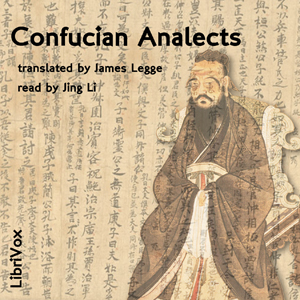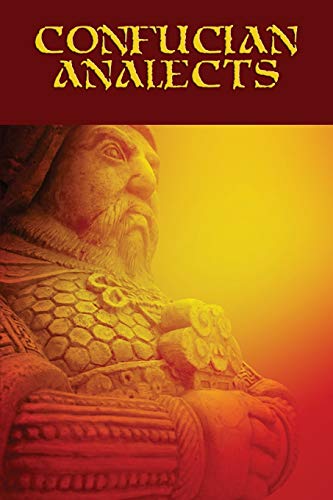
For Gouxi, the verbal activity (speaking) in Confucius unfolds on the first three levels. So much so that he distinguishes at least five semantic levels in traditional Chinese “speaking”, which would correspond to the contents of “fact”, “knowledge”, “truth”, “sense” or “thing”. He warns about the polysemy of the term “speak” in the ancient classical tradition of Chinese thinking, not always directly equivalent to its current uses, even less so within the Western tradition.

For Guoxi (2009) this is neither an easy nor an immediate task. Although it has ←1 | 2→been relatively common to refer to some passages linked to the use of languages, this has not prevented the emergence of objections of varying magnitude. The presence of a certain communicative component in the Analects and in the overall Confucian perspective has had its fluctuations in the specialised bibliography, always within the very modest quotas of attention. That is my purpose in the pages that follow. I also write from the honesty of being sincerely convinced that communication is one of the facets worth exploring within the Confucian universe. In any case, my approach comes from a deep admiration for a system of thinking which, with all the precautions and nuances that distance in time demands, is one of the pinnacles of human knowledge.

To do so in a little-trodden subject, as is the case with communication, is perhaps daring. At times, one feels the legitimate vertigo of not finding anything substantial to contribute to such a vast and intense legacy. For centuries, Confucius received continuous attention from scholars all over the world. Therefore, considering writing about any aspect of this work implies an enormous responsibility by all means. For this very reason, it is also a challenge for the writer, as he or she must try to make the most of such a profound wealth of reflection and human knowledge. It is a thrill because the reader is approaching one of the great references of thinking in human history.

The thought of approaching the work of Confucius ( 孔 夫 子 K ǒngfuz ǐ) is both a thrill and a challenge. 1 The Analects: Their Time, Their Environment and Their Projectionġ.2 Background to Chinese Thought and HistoryĢ Confucius, Historical Figure and Cultural MythĢ.2.2 The Alleged Religiosity of the AnalectsĢ.8 Language as an Instrument of Civilisationģ.1 The Quantitative Weight of Communicationģ.2.4 Nuances and Mitigating Factors for Harmful Verbal Habitsģ.3 The Contribution of Communication to the Development of Ethics’ Virtueģ.3.2 From Verbal Economy to Absolute Silenceģ.4 Verbal Politeness as an Ethical Foundationģ.5 Exemplarity and Correctness in Leading Groupsĥ The Contemporary Potential of the Analects: A Complex Reading from the Perspective of the Communicative Event


 0 kommentar(er)
0 kommentar(er)
